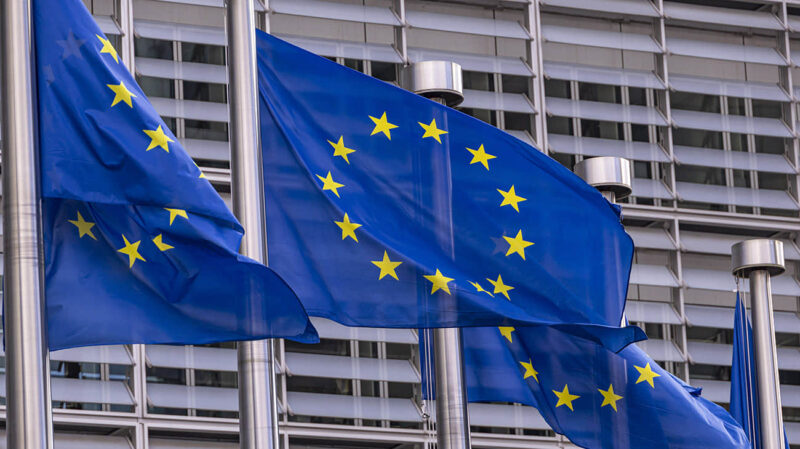The EU Calls on Russia to Prove Its Willingness to End Aggression in Ukraine Through Concrete, Real Actions

The European Union has expressed deep concern regarding recent statements by the authorities of the Russian Federation about a "Easter truce" and has urged the official Kremlin to confirm their intentions through practical steps, not just words. According to reports from news agencies, including Reuters, on April 19, Brussels responded cautiously to the "unilateral" truce announced by Russian President Vladimir Putin, proclaimed during the Easter holidays. It is reported that European leaders acknowledge that in order to implement any peace agreements, concrete steps are necessary, rather than symbolic statements or temporary ceasefires, which can be exploited as mere tricks or political mechanisms. The Chief Foreign Affairs and Security Spokesperson of the European Commission, Anita Hipper, emphasized that Russia, with its reputation as an aggressor country, must demonstrate its absence in the war against Ukraine and take specific actions to cease military hostilities and establish a lasting and just peace. Brussels officials remind that more than a month ago, Ukraine unconditionally declared its readiness for a "full and unconditional ceasefire" — openly, reaffirming its commitment to peace. However, Russia still clearly does not show corresponding steps in this direction. As stated by the European Union, the aggressor country is capable of ending this war at any moment if it truly needs to; the responsibility for the prolongation of the conflict lies solely on its shoulders. "We continue to support Ukraine in its pursuit of a long-term, just, and comprehensive peace," Hipper emphasized. Background: On April 19, during Easter, Russian President Vladimir Putin announced a "Easter truce" — a short pause, from the evening of April 19 to midnight on April 21, supposedly to temporarily halt hostilities across Ukraine. However, the Turkish executive bodies of the Russian Ministry of Defense stated that the occupiers would adhere to the ceasefire mode if Kyiv is equally and mutually willing to agree to this arrangement. According to the official Ukrainian position, Kyiv maintains reciprocal measures and is ready to jointly put an end to the war; however, the current situation on the frontlines does not confirm that the Russian side is fulfilling its promises and the ceasefire regime. Deputy Head of the Kherson Regional Military Administration, Oleksandr Prokudin, reported that attacks by Russian drones in the region have continued uninterrupted even after the declaration of the "Easter truce." Furthermore, since the evening of April 19, Ukrainian military forces and local authorities have noted ongoing shelling and attacks at various front segments, and the traditional "ceasefire" remains just an empty word without real efforts from both sides to end hostilities. Overall, monitoring services, including the initiative project DeepState, recorded a lack of signs of a true "Easter truce" on most frontlines. They note that intelligence and military operations on both sides continue as usual, raising many questions about Russia’s true intentions regarding ending the war. A clear statement was voiced on the evening of April 19 by Ukraine’s commander-in-chief, President Volodymyr Zelenskyy. The head of state emphasized that there are no grounds to consider the announced Russian "ceasefire" as genuine or lasting. According to him, shelling and fighting continue in certain areas, including the Kursk and Belgorod regions of the Russian Federation, indicating Russia's inability to fulfill its part of the agreements in a short time and its continued use of the so-called "turning point" for provocations. Kherson Military Administration Head Oleksandr Prokudin added that attacks by Russian drones and shelling in the region have so far not ceased despite the declared "ceasefire" regime. Meanwhile, Ukrainian defenders and local authorities do not rule out that Russia is deliberately using the festive days to simulate a truce to continue its aggression and further endanger the civilian population and Ukrainian forces, revealing the true scale of the situation at the front. Experts and analysts conclude that the situation regarding the truce remains tense, and calls from the EU and Ukrainian authorities for concrete steps toward peace are becoming increasingly urgent and relevant.

